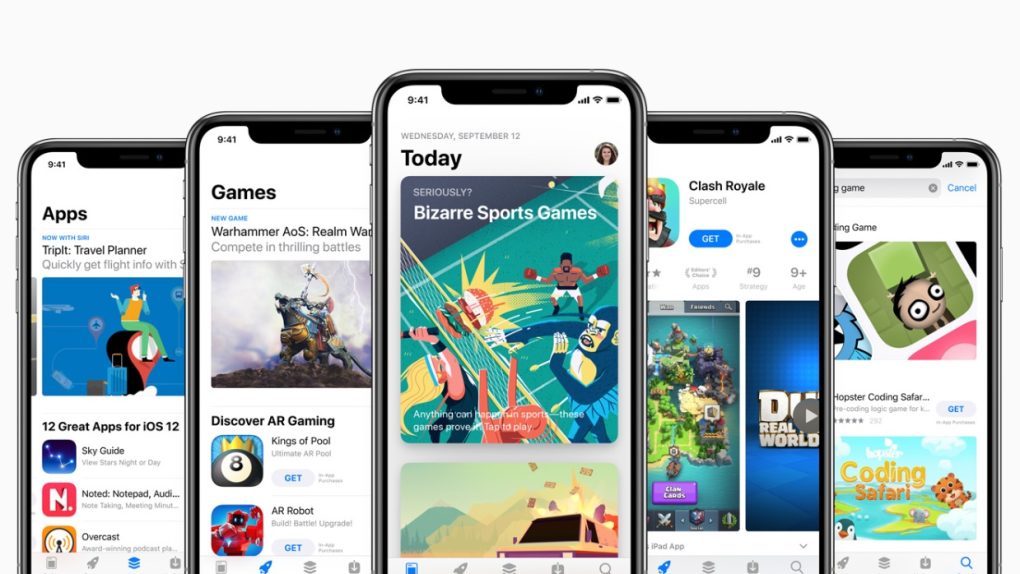- A new law in Europe might ban companies like Apple and Google from pre-installing their owns apps on phones, tablets, and other devices that they sell.
- Specifically, an early draft of the Digital Service Act says tech companies “ought to not be enabled to pre-install their own applications on hardware gadgets.”
- The act is expected to be put in place in the EU by the end of the year.
Apps that come pre-installed on smart devices have always been somewhat controversial, especially when Android vendors used to pack their phones and tablets with bloatware. Thankfully, it’s been less of an issue in recent years, but even with all of the progress that has been made, it still might not be enough for Europe.
According to the Financial Times (via 9to5Mac), the European Union has drafted legislation which suggests that “Big Tech” companies such as Apple and Google might need to be banned from pre-installing their owns apps on any new devices to limit “favoritism.” It’s just an early draft of the Digital Service Act, but if it were to pass with similar language intact, it could have far-reaching consequences for some of the biggest companies on the planet.
Here’s the section of the legislation that could change the way Apple, Google, and others operate:
The draft recommends that Big Tech might be prohibited from favoritism of their own services on their websites or platforms, to the hinderance of competitors, which business ought to not be enabled to pre-install their own applications on hardware gadgets, such as laptop computers or phones, or force other business to solely pre-install their software application.
Separately, Brussels desires big platforms to let users uninstall any pre-installed apps on gadgets such as mobile phones and computers, according to the draft, which remains in its early phases.
As 9to5Mac notes, Apple made it impossible to remove pre-installed apps for years, but finally relented in 2017 with the release of iOS 11. iPhone and iPad owners can now delete almost any of Apple’s stock apps, as long as doing so wouldn’t affect any of the fundamental functionality of the device, like deleting the App Store. Apple also added a new feature in iOS 14 which allows users to change the default mail and browser apps.
It’s unclear if these concessions are enough to satisfy the potential legislation, but it does seem like forcing Apple (or any device maker) to ship a phone, tablet, or computer without any apps or services might be just as much trouble for the end user as it would be for the company in question. Sure, having more choice would be nice, but I don’t want my next iPhone to ship without Phone, Messages, Contacts, or the App Store already installed.
According to Euronews, the Digital Service Act is expected to be in place by the end of 2020.







